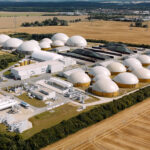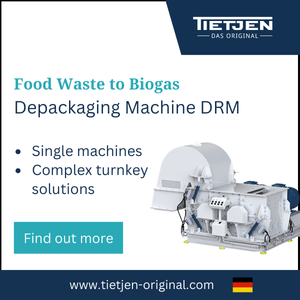BioCycle is updating its data on food waste composting infrastructure and residential access to food waste collection in the U.S. Questionnaires have been distributed over the past five weeks to about 200 food waste composting facilities and over 400 municipalities, counties, and solid waste authorities. The food waste composting facility survey is targeted at municipal or commercial composting facilities equipped to receive and process organic waste streams, including source separated food waste arriving by truckload volumes (e.g., 25 cy/load) from generators and haulers on a year-round basis. The residential food waste collection access study is targeted at local government operated or supported programs where households separate their food waste from other household trash for curbside collection and/or drop-off at a collection site. BioCycle defines “access” as having a program available to households to divert their food waste.
BioCycle’s data updates, supported by Closed Loop Partners’ Composting Consortium, will be used to paint the national picture of food waste collection and composting infrastructure. In March, the Institute for Local Self-Reliance (ILSR) will release findings from its 2022 census of food waste recycled via microhaulers and community composting operations in the U.S. (ILSR is writing a two-part report on both the census data and its recent National Cultivating Community Composting Forum in BioCycle CONNECT in March.) Combined, the two separate data collection initiatives will provide the most comprehensive update on food waste collection and composting infrastructure across the U.S.
If you operate a food waste composting facility or operate/support a local government residential food waste collection program and did not receive a survey questionnaire from BioCycle, please email Nora Goldstein, Editor of BioCycle. We want to hear from you! Data collection and analysis will be completed in early May; findings will be published in BioCycle.













